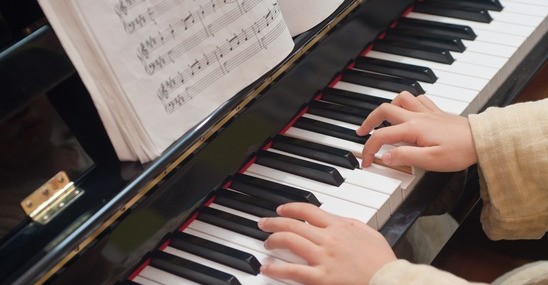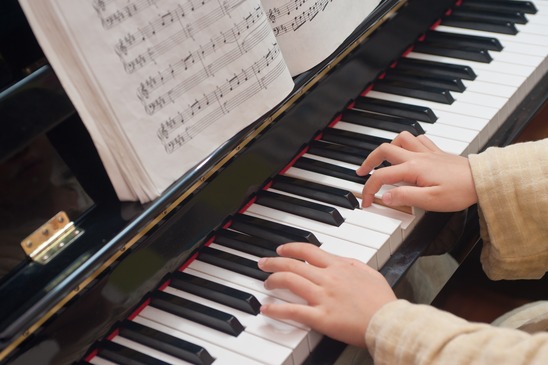Bucket lists are great things. They can help you realize all the things you’ve wanted to do in the past, and put some urgency towards things you hope to accomplish in the future.
One of the most popular things to make a bucket list is learning to play the piano. And while it does take a lifetime to perfect your piano playing technique, there is no better time than the present to take action.
Just like as a child learns to play the piano, there are things that can help the adult beginning piano student be even better at the process.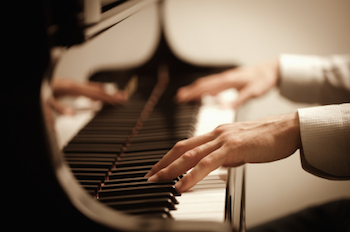
Start with a schedule
We all have busy lives, and too often things come up that stop us from taking action on the newest parts of our lives. Yet if you want to become proficient at playing the piano, regularity is mandatory. Commit to taking lessons on a weekly basis, and stick with the schedule if at all possible. Likewise, set up regular practice times between lessons and make them a priority in your day. Beginning piano students should expect to practice their weekly assignment for about 30 minutes a day, 5 days of the week in between lessons to ensure steady progress.
Choose the right teacher
When selecting a piano teacher, make sure you choose one who works with adults on a regular basis. Adults learn differently than children, so its important to choose a piano instructor that can help you achieve results in a way well suited for adults. A child has better coordination and can imitate and pick up music at a very quick pace. Adults may need to hear music at a slower pace, or need to practice in phrases rather than entire pieces at a time. However, adults generally can stick with something for longer periods of time, which gives them the advantage of being able to sit there and do it simply for the joy of potential completion.
Teaching approaches
Keep in mind that with every instructor, they may have a slight variation to the way they teach. There isn’t a “one method for all” approach to piano teaching. Some teachers may have you tap out rhythms as you are learning a new piece. Others may have you work on small stanzas at a time to perfect different rhythms in the song. While children like to “do”, adults like to know why. Always ask why you are doing different things throughout the learning process. If you know the why, the actual doing can be easier. Also keep in mind that if you don’t resonate with one instructor and don’t feel like you are learning, its okay to move to someone with a different approach.
Overall, adults add “piano playing” to their bucket lists for a variety of reasons.
- They want a fun leisure activity they can do into old age
- They want to learn to read music
- They want the experience of writing and creating their own songs
- They want to take part in a group activity
- They want to increase their music appreciation
And of course a whole lot more. Whatever your reason for wanting to learn to play the piano, realize there is no better time than today to get started! Enjoy!
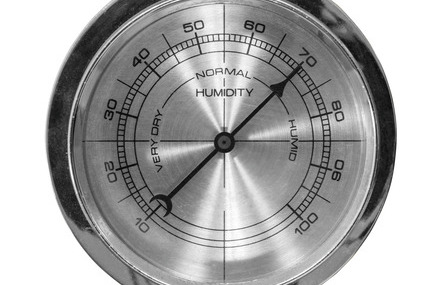
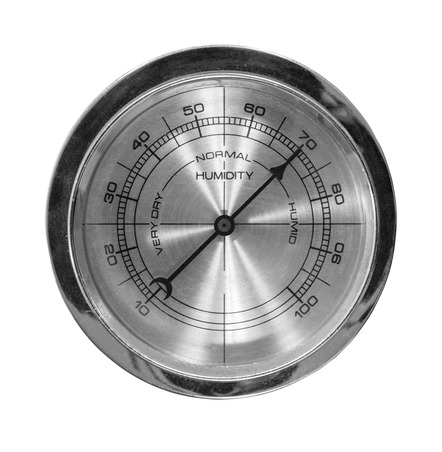

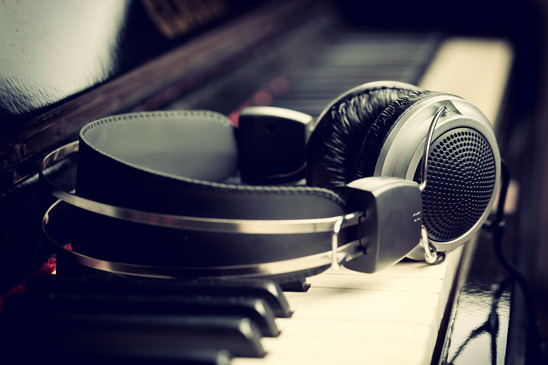
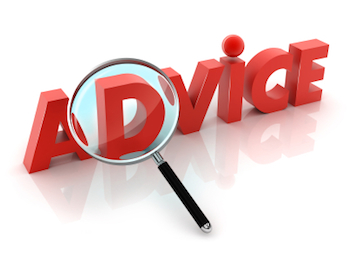

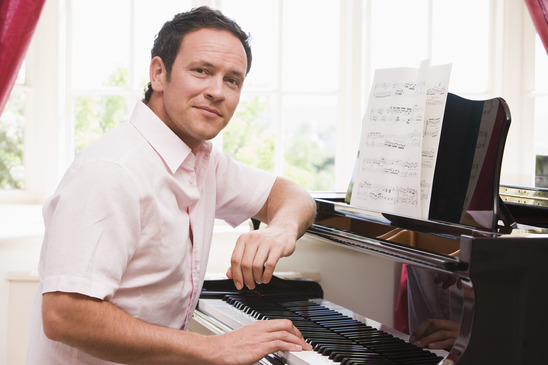
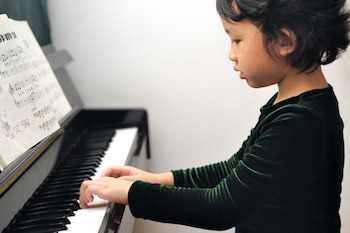


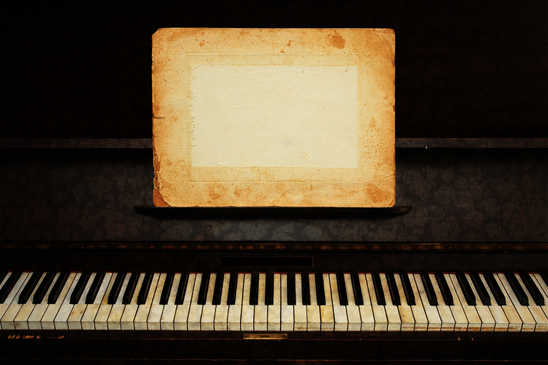 There could be a number of things wrong with your piano.
There could be a number of things wrong with your piano.